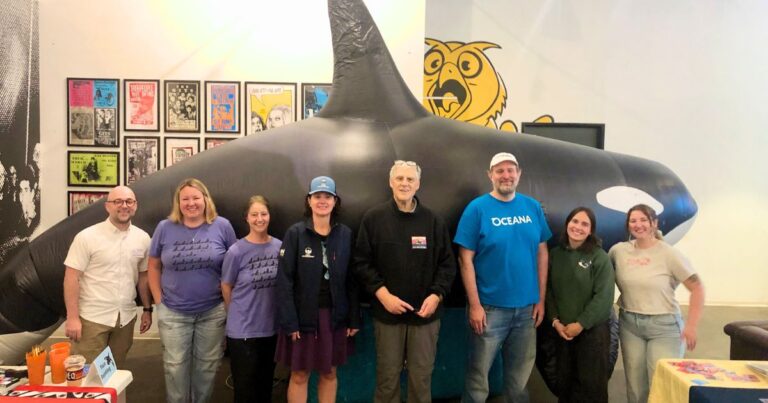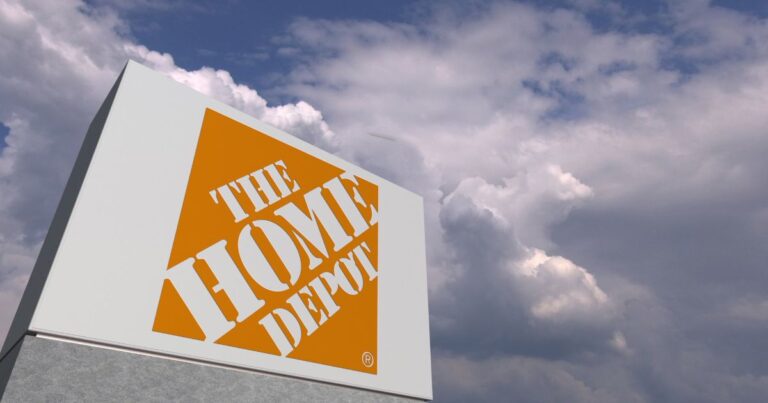It’s been a big year at Toxic-Free Future! After a decade of hard work and persistence, Washington state now leads the nation with the strongest law regulating toxics in products.
Before the Pollution Prevention for Our Future Act became law, the agencies charged with protecting health and the environment in our state could merely study the growing threats posed by millions of products being used every day, from toxic plastic to personal care products. Now our state agencies will be able to do their jobs by banning chemicals, stopping toxic pollution and preventing disease.
Washington will be a state where companies are innovating and racing to the top making safer, more sustainable products. We envision products made with safe materials that don’t contain dangerous chemicals like brain-harming flame retardants or hormone-disrupting phthalates.
The most urgent need for action right now is on PFAS, which are contaminating drinking water of millions of Americans, including Washingtonians. The good news is that our state legislature already banned PFAS in firefighting foam and food packaging, and the Department of Ecology is finalizing a plan to address other PFAS sources and clean up existing contamination.
The plan is a good start, but needs to be stronger if we are going to solve the PFAS contamination crisis. Here is our take (for our full comments see here):
1) Ban PFAS in products. From carpets and furniture to apparel, the Department of Ecology needs to move forward with turning the tap off of these large sources of PFAS.
2) Ensure safe drinking water standards address all PFAS. The Department of Health is currently in the process of establishing standards for PFAS in drinking water, which are set to be finalized later this year. Setting standards for all PFAS is the only way to ensure that Washingtonians have access to safe drinking water.
3) Adopt strong regulations to clean up PFAS contamination and hold polluters accountable. Existing PFAS contamination needs to be dealt with swiftly. It’s not acceptable for any community to suffer health, economic or other negative consequences while the chemical industry continues to reap huge profits. (link to Make them Pay) Communities like Coupeville (Whidbey Island) and Airway Heights (Spokane) have suffered enough from PFAS contamination.
4) Obtain more information on waste sources of PFAS. Sewage sludge (biosolids) should be tested for PFAS chemicals, beginning with sludge applied to dairy and other farms in our state. Alternative disposal methods should be investigated to keep PFAS off of farms and other lands. This action is vital to prevent continual recontamination of our food and bodies with PFAS.
The “Nonstick Nightmare” won’t go away overnight, and our state agencies need to hear from the public in order to take bold actions on these chemicals. Stay tuned for future opportunities!




